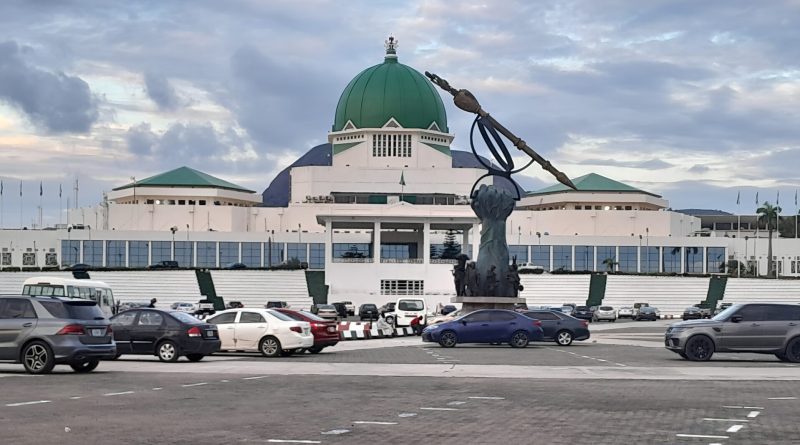NASS joint committee approves additional state for South-east
The Joint Committee of the National Assembly on the Review of the 1999 Constitution has approved the creation of an additional state in the South-east geopolitical zone, a move aimed at addressing long-standing agitation over the region’s perceived marginalisation in Nigeria’s political structure.
The decision, which, if ratified, will increase the number of states in the South-east from five to six, was reached during the committee’s two-day retreat held in Lagos from 24 to 25 October.
The retreat was convened to consider wide-ranging proposals for constitutional amendments, including 55 separate requests for new states across the federation.
Equity, fairness for South-east
The South-east is currently the only geopolitical zone in Nigeria with five states, compared to seven in the North-west zone and six in the remaining four zones.
This disparity has, over the years, fuelled demands for a new state to ensure equitable representation in federal appointments, resource distribution, and legislative representation.
The five states in the South-east are Anambra, Imo, Ebonyi, Abia, and Enugu.
During the retreat, the committee, chaired by Deputy Senate President Barau Jibrin and co-chaired by the Deputy Speaker of the House of Representatives, Benjamin Kalu, deliberated extensively on the proposal.
Lawmakers from both chambers reportedly reached a consensus that the South-east’s request met the principles of equity, justice, and fairness, which have guided the current review process.
Mr Kalu, who has been a vocal advocate for correcting the regional imbalance, reaffirmed that the agitation for an additional state in the South-east was not a political demand but a constitutional necessity to promote inclusiveness and unity.
Motion for approval
After prolonged debate, Senator Abdul Ningi (PDP, Bauchi Central) moved a motion for the creation of the new state, which was seconded by Ibrahim Isiaka (APC, Ogun State).
The motion received unanimous approval from members of the joint committee, signalling rare bipartisan consensus on what has long been a politically sensitive issue.
Lawmakers who contributed to the debate reportedly spoke in support of the motion, stressing that addressing structural imbalance would strengthen national cohesion and reduce feelings of marginalisation among federating units.
Next steps in review process
In line with procedure, the approval by the Joint Committee represents an initial stage in the process. For any new state to be constitutionally created, it must receive two-thirds approval from members of both chambers of the National Assembly and the support of at least two-thirds of the State Houses of Assembly.
Mr Jibrin, in his closing remarks, urged committee members to rally their colleagues across both chambers and within state legislatures to support the proposal during plenary consideration and voting.
“We need to strengthen what we have started so that all parts of the country will key into this process,” Mr Jibrin said. “By the time we get to the actual voting, we should already have the buy-in of all stakeholders from both chambers and the State Houses of Assembly.”
Broader proposals under review
Beyond the South-east issue, the joint committee also announced the establishment of a subcommittee to examine the creation of additional states and local government areas across all six geopolitical zones.
According to the committee, a total of 278 proposals were submitted by Nigerians and interest groups on the creation of new states, local councils, and boundary adjustments.
The subcommittee will screen, harmonise, and prioritise the proposals before presenting recommendations to the main committee for further consideration.
The constitution review process, which commenced earlier this year, is one of the most comprehensive in recent history. It covers critical areas such as devolution of powers, fiscal federalism, judicial reform, gender inclusion, and local government autonomy.
If passed, the development would mark the first constitutional amendment leading to state creation in Nigeria since 1996, when former Head of State, General Sani Abacha, created six new states to bring the number to 36.
The provision for the creation of a new state is spelt out under Section 8, sub-section 1 (a) to 1(d) of the constitution.

